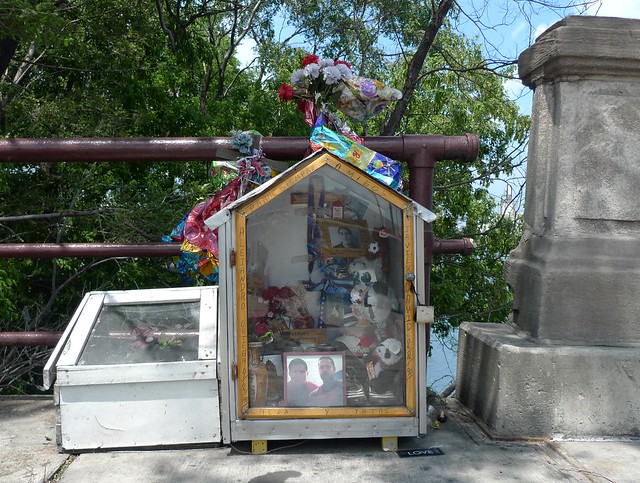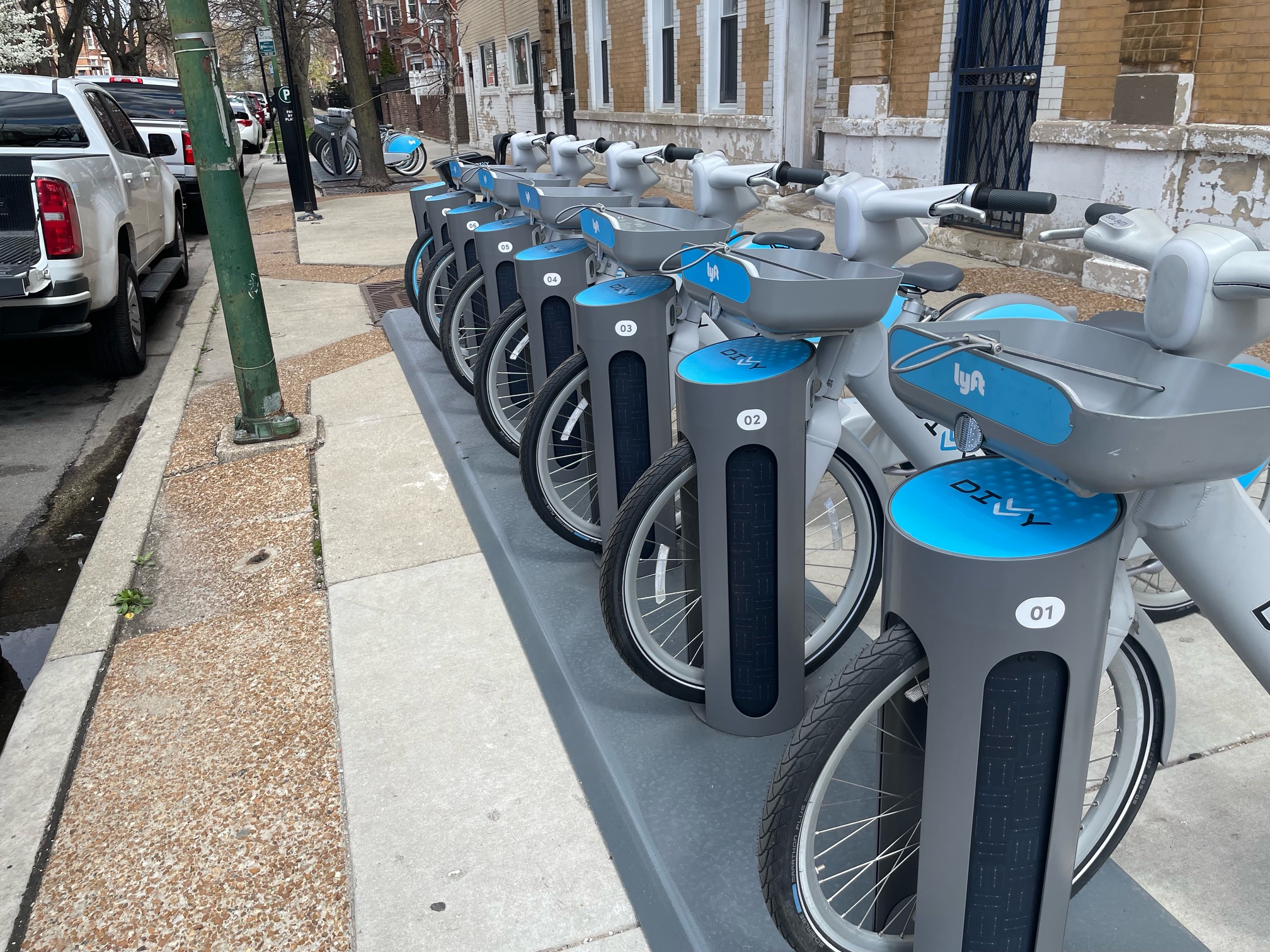IDOT Finally Sees The Light, Stops Withholding Crash Data From the Public
10:40 AM CST on November 3, 2015

Back in August, a transportation professional who asked not to be named told me the Illinois Department of Transportation had stopped fulfilling requests from nongovernmental entities for crash location data. This information is crucial for analyzing any transportation network -- for example, we often rely on crash data for Streetsblog Chicago stories. I have since heard the same complaint from other individuals.
In late September, the Active Transportation Alliance sent IDOT a memo urging them to rethink their new policy. More than two months after the problem first came to light, the state is finally providing the location data to the public once again. That will make it easier for transportation planning firms and advocacy groups to work on pedestrian and bike plans and come up with strategies for reducing crashes.
In the past, crash location data was readily available from IDOT’s Illinois Safety Data Mart database, but that website has been offline for some time. However, residents, planners, advocates, and journalists could still request the data from the state, and there was usually a fast turnaround. Pre-2014 crash data is still available online from Steven Vance's Chicago Crash Browser.
But the source I spoke with in August said they had contacted the IDOT’s Division of Traffic Safety to ask for crash data, including locations, they were referred to IDOT’s law department. Via email, a representative from the Office of the Chief Council cited a clause in the Freedom of Information Act law as a justification for not providing the data:
Pursuant to FOIA Section 7(1)(a), traffic crash reports, as well as data extrapolated from those reports, such as the location of crashes [emphasis added], in the possession of the Department are exempt from inspection and copying pursuant to Illinois Vehicle Code, 625 ILCS 5/11-408 and 625 ILCS 5/11-412. Therefore, the Department is precluded by law from furnishing copies of crash reports (or any attachments or personal information contained therein). Under these provisions of the Vehicle Code, accident/vehicle crash reports are for the confidential use of the Department and State and federal agencies conducting safety studies.
“So IDOT is saying they’re precluded by law from providing copies of crash reports due to privacy concerns,” the source told me. “But, prior to this, they’ve just sent us the data scrubbed of information that would identify the people in the crashes. It doesn’t make any sense.” The source speculated that IDOT’s new policy might be motivated by the state budget crisis, since money might not be available to bring the Safety Data Mart back online.
At the time, IDOT spokesman Guy Tridgell implied that the department had not changed its policy. “The Illinois Vehicle Code has always precluded us from furnishing all of the information contained in crash reports [to the public],” he stated. “I can tell you that the Illinois Department of Transportation is in the process of reviewing its policies and past practices in regard to the tabulation and publication of motor vehicle crash information. We continue to release summary crash data that does not contain any identifying information of those involved in accidents to the public upon request.”
The source responded that, while IDOT had recently provided them with summary crash data – technically fulfilling their requests – they still weren’t giving out location data. “That is by far the most valuable component of any crash data set, as it indicates where crashes are occurring,” they told me. “If we aren’t provided the locations of crashes, we have basically zero ability to analyze or assess why a crash occurred, or develop solutions to prevent crashes in the future.”
On September 29, the Active Transportation Alliance sent a memo to IDOT making a similar argument. They noted that, by withholding crash location data, the state was hindering the efforts of many of its partners and allies to help improve traffic safety.
Moreover, the group added, traffic crashes often result in citations or criminal charges, and the public has a right to know where crimes are taking place in their community. They pointed out that people would be outraged if police departments stonewalled requests from citizens and journalists for the locations of violent crimes, and traffic violence should be no exception. Last Friday, Active Trans director Ron Burke wrote me that, in the wake of the memo, IDOT has reverted to their previous policy of giving out crash location data.
However, Tridgell told me yesterday that the memo was not a factor in the department’s decision. He reiterated that IDOT had been reviewing its policies for releasing crash data. But while he hadn’t previously acknowledged that the state had been withholding crash location info from the public, this time he did.
“During the review period, IDOT was releasing the number of crashes [to non-governmental entities] but not the locations,” he said. “Now that the review is completed, we have moved forward with the policy as it existed before.”
It’s great that the state is finally being reasonable about releasing crash location data. However, it’s a shame that, due to IDOT’s heel-dragging on this matter, transportation planners and advocates had to waste two months fighting for their right to this basic info, time that could have been better spent working to prevent injuries and deaths.
In addition to editing Streetsblog Chicago, John writes about transportation and other topics for additional local publications. A Chicagoan since 1989, he enjoys exploring the city on foot, bike, bus, and 'L' train.
Read More:
Stay in touch
Sign up for our free newsletter
More from Streetsblog Chicago
Today’s Headlines for Thursday, April 25
It’s electric! New Divvy stations will be able to charge docked e-bikes, scooters when they’re connected to the power grid
The new stations are supposed to be easier to use and more environmentally friendly than old-school stations.


